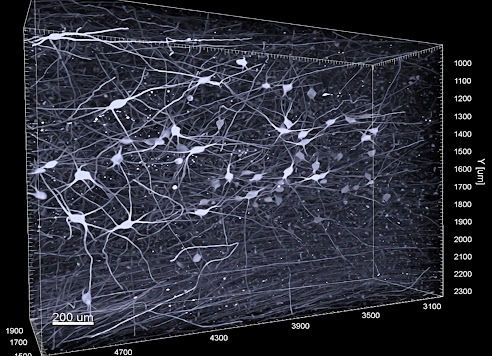 |
| Photo by Lux Graves on Unsplash |
Young people living with a genetic alteration that increases the risk of psychiatric disorders have markedly different brain activity during sleep, a study led by researchers from the Universities of Bristol and Cardiff published in the journal eLife shows.
The brain activity patterns during sleep shed light on the neurobiology behind a genetic condition called 22q11.2 Deletion Syndrome (22q11.2DS) and could be used as a biomarker to detect the onset of neuropsychiatric disorders in people with 22q11.2DS.
Caused by a gene deletion of around 30 genes on chromosome 22, 22q11.2DS occurs in one in 3000 births. It increases the risk of intellectual disability, autism spectrum disorder (ASD), attention-deficit hyperactivity disorder (ADHD) and epileptic seizures. It is also one of the largest biological risk factors for schizophrenia. However, the biological mechanisms underlying psychiatric symptoms in 22q11.2DS are unclear.
Marianne van den Bree, co-senior author and Professor of Psychological Medicine at Cardiff said: “We have recently shown that the majority of young people with 22q11.2DS have sleep problems, particularly insomnia and sleep fragmentation, that are linked with psychiatric disorders. However, our previous analysis was based on parents reporting on sleep quality of their children, and the neurophysiology – what’s happening to brain activity – has not yet been explored.”















.jpg)